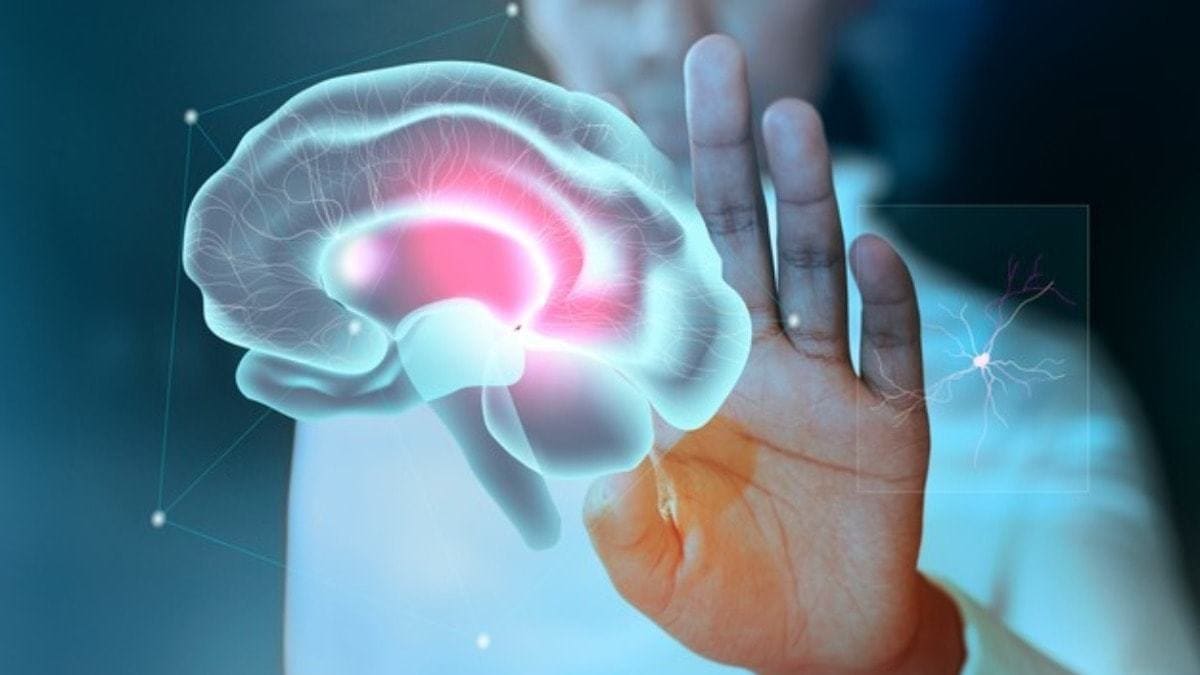The force produced by flowing blood against the walls of the body’s arteries is referred to as blood pressure. Keeping your blood pressure below 130/80 is beneficial to your overall health. Hypertension is a condition that affects the entire body. Although it is commonly assumed that hypertension has the greatest influence on the heart, it also affects the eyes, kidneys, and, most importantly, the brain.
Strokes are caused by hypertension, which is the leading cause of death. Ischemic strokes occur when a clot blocks an artery supplying blood to the brain, accounting for around 87 percent of all strokes. A clot develops in a damaged artery within the brain during a thrombotic stroke. An embolic stroke occurs when a clot develops outside the brain, breaks off, and is delivered to the brain by the bloodstream, where it stops a previously normal artery. The majority of emboli begin in the neck’s big veins, the aorta, or the heart itself.
A hypertensive patient’s abrupt increase in blood pressure can result in hemorrhagic strokes, which are caused by the rupture of a blood artery in the brain. Risk is increased by both systolic and diastolic hypertension; the higher your blood pressure, the greater your risk. According to one Harvard research, hypertension raises the risk of stroke by 220 percent; another study found that each 10 mm Hg increase in systolic pressure increased the risk of ischemic stroke by 28 percent and hemorrhagic stroke by 38 percent.
Hypertension can potentially cause a transient ischemic attack (TIA), often known as a mini stroke. Uncontrolled hypertension can cause an aneurysm, which is a weakening and bulging of the vascular wall that can burst and cause subarachnoid hemorrhage, which is a potentially dangerous medical disease.
Paralysis of the limbs, loss of speech, linguistic dysfunction, vision impairment, trouble eating, imbalance, memory problems, and seizures are all possible outcomes of a stroke. Respiratory failure, ventilator reliance, coma, and death are among possible outcomes of brainstem strokes.
There are milder versions of these big strokes. Small microbleeds are far more prevalent, according to MRI studies. Similarly, many people suffer from little ischemic strokes known as lacunes, which can be asymptomatic. Although a single microbleed or lacune is unlikely to cause symptoms, a sequence of similar occurrences might result in serious issues, such as dementia. Irritability, difficulty focusing, and overall exhaustion are all symptoms of hypertension.
Controlling blood pressure with lifestyle modifications, nutrition, and medicines can aid in brain health.










